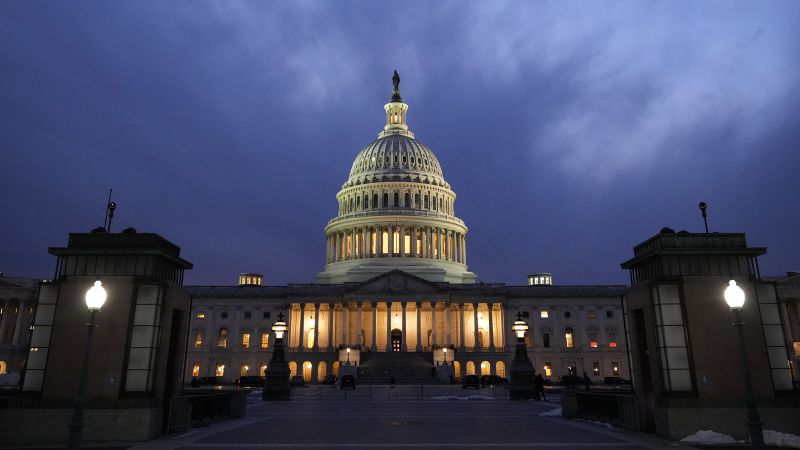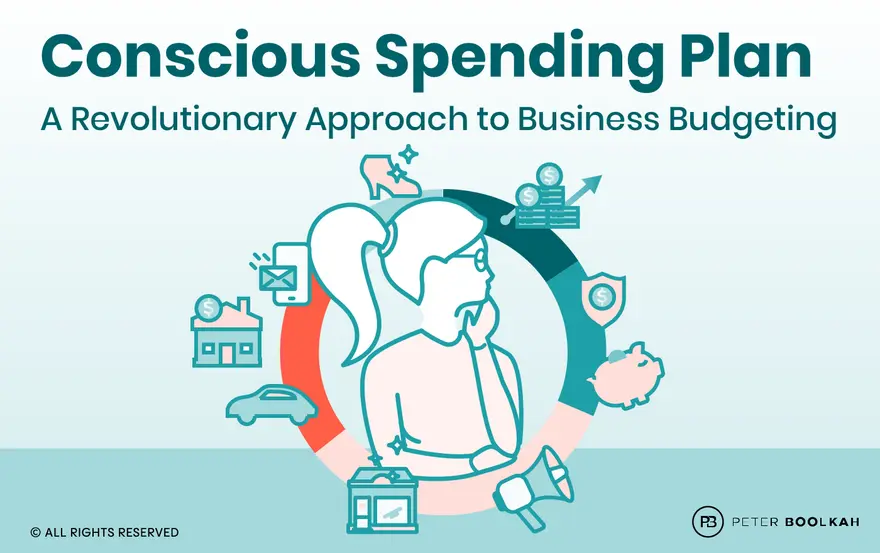Clinton-era Budget Showdowns: The Politics Of The One Percent

Table of Contents
The Context: A Nation Divided
The early 1990s presented a challenging economic climate. The nation grappled with a high national debt and persistent budget deficits, a legacy of the Reagan-Bush years. This fiscal crisis became a major battleground as the political landscape shifted with the Republicans gaining control of Congress in 1994. This power shift, fueled by the "Contract with America," signaled a significant divergence in economic philosophies between the Democratic administration and the Republican-controlled legislature. These contrasting viewpoints set the stage for intense conflicts over the federal budget.
- Rising national debt: Years of large budget deficits under previous administrations resulted in a ballooning national debt, creating immense pressure to implement fiscal responsibility measures.
- Contrasting economic philosophies: Democrats generally favored government intervention to address social and economic inequality, while Republicans pushed for lower taxes and reduced government spending, often emphasizing supply-side economics.
- The "Contract with America": This Republican platform promised a balanced budget, tax cuts, and a smaller government, setting the stage for confrontation with the Clinton administration.
Key Budget Showdowns & Their Impacts
The Clinton era saw several significant budget showdowns, most notably the government shutdowns of 1995 and 1996. These standoffs resulted from irreconcilable differences over spending levels and policy priorities between the executive and legislative branches. Key players included President Clinton, House Speaker Newt Gingrich, and Senate Majority Leader Bob Dole. Their differing strategies and ultimate compromises significantly shaped the nation's fiscal trajectory.
- The 1995 Shutdown: This shutdown, lasting several weeks, significantly disrupted government operations and highlighted the deep partisan divide. The consequences included disruptions to vital services and a decline in public confidence in government.
- Media Coverage: The intense media coverage of these events played a crucial role in shaping public perception and influencing the political dynamics of the budget negotiations. The dramatic nature of the shutdowns fueled public debate about the role of government and the responsibility of political leaders.
- Impact on Public Opinion: Public opinion was deeply divided, with some supporting the Republican's fiscally conservative approach and others criticizing the disruptions caused by the shutdowns. The long-term impact on public trust in government is still debated.
- Budget Agreements and Long-Term Effects: While compromises were eventually reached, the long-term consequences included continued debates about the appropriate size and scope of government, as well as the lasting effects on the national debt.
The Role of the "One Percent"
The Clinton-era budget showdowns weren't solely a clash of political ideologies; they were also significantly influenced by the interests of the wealthiest Americans and corporations. Lobbying efforts and campaign contributions played a substantial role in shaping the debate. Tax policies were at the center of the conflict, with significant implications for income inequality.
- Influence of Wealthy Donors: Wealthy donors contributed heavily to both Democratic and Republican campaigns, wielding considerable influence over policy decisions. This highlighted the power of money in politics and the concerns about potential conflicts of interest.
- Capital Gains Taxes: The debate over capital gains taxes became a central point of contention, with Republicans generally favoring lower rates to stimulate investment and Democrats advocating for higher rates to address income inequality.
- Impact on Social Welfare Programs: Budget decisions directly impacted social welfare programs, with cuts advocated by Republicans often met with strong opposition from Democrats who emphasized the need for social safety nets.
The Legacy of Inequality
The budget decisions of the Clinton era had a lasting impact on income inequality, a legacy that continues to shape contemporary political discourse. The long-term effects are evident in the persistent debate surrounding fiscal policy and wealth distribution.
- National Debt: The debates over spending and taxation during this period contributed to the ongoing challenges of managing the national debt.
- Impact on Social Programs: Decisions made during this era had lasting implications for social programs, impacting access to healthcare, education, and other vital services.
- Connection to Current Debates: The political battles of the 1990s provide a valuable historical context for understanding contemporary debates about income inequality, wealth distribution, and the role of government in addressing economic disparities.
Conclusion
The Clinton-era budget showdowns represent a crucial period in American political and economic history. These battles, fueled by deep partisan divides and the significant influence of the "one percent," dramatically shaped the nation's fiscal trajectory and exacerbated existing concerns about income inequality. Understanding the key players, their strategies, and the lasting consequences of these budget battles is essential for comprehending contemporary debates about fiscal responsibility, wealth distribution, and the role of government. Learn more about the lasting impact of these Clinton-era budget showdowns and delve deeper into the politics of the one percent during the Clinton era by exploring archival materials, academic papers, and primary source documents. This historical context provides crucial insight into the ongoing struggle for economic fairness and the enduring influence of the wealthiest on American policy.

Featured Posts
-
 Chanted Free Palestine Before Attack Who Is Elias Rodriguez Accused In Jewish Museum Shooting
May 23, 2025
Chanted Free Palestine Before Attack Who Is Elias Rodriguez Accused In Jewish Museum Shooting
May 23, 2025 -
 2025 Emmys Predicting The Lead Actress In A Limited Series Winners
May 23, 2025
2025 Emmys Predicting The Lead Actress In A Limited Series Winners
May 23, 2025 -
 Currans Prediction A Difficult Bd On The Horizon
May 23, 2025
Currans Prediction A Difficult Bd On The Horizon
May 23, 2025 -
 The Dark Side Of Lewis Hamilton Brundles Uncomfortable Discoveries
May 23, 2025
The Dark Side Of Lewis Hamilton Brundles Uncomfortable Discoveries
May 23, 2025 -
 Sses Revised Spending Plan A 3 Billion Reduction Explained
May 23, 2025
Sses Revised Spending Plan A 3 Billion Reduction Explained
May 23, 2025
Latest Posts
-
 16 Mart Burc Yorumu Kisilik Oezellikleri Ve Uyum
May 23, 2025
16 Mart Burc Yorumu Kisilik Oezellikleri Ve Uyum
May 23, 2025 -
 Hangi Burc 16 Mart Doganlarin Oezellikleri
May 23, 2025
Hangi Burc 16 Mart Doganlarin Oezellikleri
May 23, 2025 -
 16 Mart Ta Dogmus Olanlarin Burcu Ve Oezellikleri
May 23, 2025
16 Mart Ta Dogmus Olanlarin Burcu Ve Oezellikleri
May 23, 2025 -
 16 Mart Doganlarin Burcu Ve Kisilik Oezellikleri
May 23, 2025
16 Mart Doganlarin Burcu Ve Kisilik Oezellikleri
May 23, 2025 -
 The 5 Luckiest Zodiac Signs On March 20 2025
May 23, 2025
The 5 Luckiest Zodiac Signs On March 20 2025
May 23, 2025
